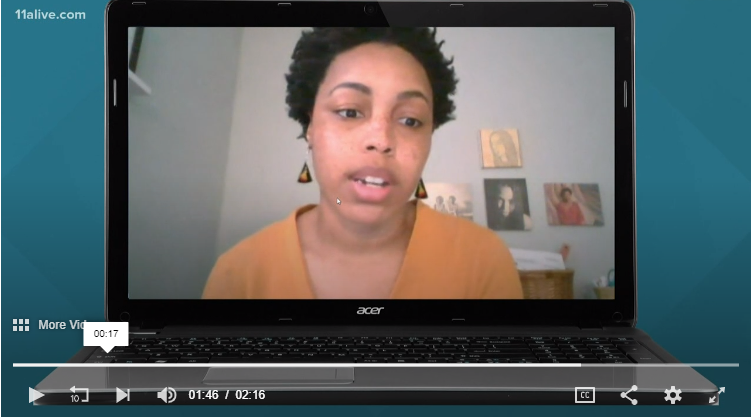By Joe Henke – 11Alive
State officials have repeatedly said anyone, including uninsured, needing to be tested for COVID-19 will be tested for free. But will their treatment be covered?
ATLANTA — During his town hall address broadcast across Georgia on Thursday, Gov. Brian Kemp was asked about uninsured Georgians who need to be treated for COVID-19.
“Anybody that needs a test will be able to get one at no cost and certainly the same is for treatment,” Kemp said. “This is vital that we stop the spread.”
On Friday, 11Alive asked Kemp’s office for more information on how patients with COVID-19 in Georgia can seek free treatment as mentioned by the governor.
His staff pointed to the Indigent Care Trust Fund as one option. The fund existed before the COVID-19 pandemic.
It provides low-income individuals with free or reduced-cost healthcare, but only at certain hospitals. The Georgia Department of Community Health can be contacted to inquire about the specific hospitals included in the fund.
A spokesman for the governor added that his office understands a federal COVID-19 assistance package will include funding for the uninsured to receive treatment.
But Jennifer Tolbert, director of State Health Reform with the Kaiser Family Foundation, said lawmakers in Washington, D.C. have yet to pass a funding package including coverage specifically for treating the uninsured.
“There is money for hospitals,” Tolbert said. “$100 billion that is appropriated to hospitals, but very little details about how hospitals will qualify for that money, how it will be distributed and what it is intended to be used for.”
The $100 billion in funding for hospitals is included in the $2 trillion CARES Act (H.R. 748) that cleared Congress and was signed by President Donald Trump on Friday.
Tolbert said KFF has examined COVID-19 cases and estimates 20 percent of cases lead to a patient needing to be hospitalized. The hospital stays typically last longer than flu or pneumonia cases, with bills possibly topping $20,000 for an uninsured patient.
She stressed people with symptoms, though, need to seek out testing and if determined necessary by health officials they need to also seek treatment, no matter the estimated expense.
Tolbert said there are several options for the uninsured in Georgia and elsewhere to find low-cost healthcare upfront, or inquire after receiving treatment to have costs potentially reduced.
One option – heading to a hospital with charity programs. Through those programs, hospitals reduce bills after treatment on a case-by-case basis.
Another option includes heading to a public hospital with existing financial assistance programs.
“There are some public hospitals that charge uninsured individuals a sliding scale at the outset,” Tolbert said.
Berneta Haynes is the Senior Director of Policy and Access for Georgia Watch.
She said uninsured Georgians should read Georgia Watch’s guide for accessing affordable healthcare. She added that they’re also pulling together resources and will be publishing more information specific to COVID-19.
In addition to Tolbert’s recommendations, Haynes said there is also a variety of community and regional clinics that can offer assistance to the uninsured needing medical assistance
“Federally qualified health centers, and the public health department, as well as other community health centers,” Haynes said. “Those should be a first choice for folks that are uninsured to seek healthcare free of charge or on a reduced price sliding scale.”
Federal qualified health centers offer primary care, often in underserved areas, including across the Atlanta Metro area. Examples of community health centers can be found in the Georgia Charitable Care Network. Many of the clinics in the network provide services while billing small or no fees.
Haynes added at other hospitals and clinics you can always submit a request to be billed similar to an insured patient that is considered in-network.
Copyright 2020 © 11Alive
Source: 11Alive

